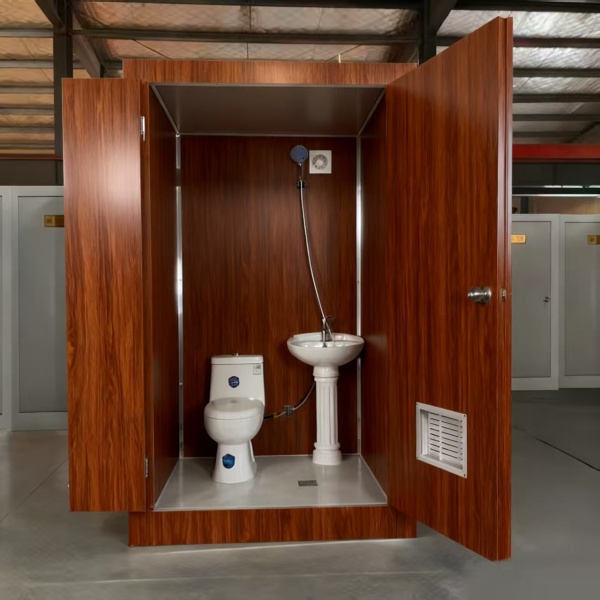-
E-mail
Austin120521@outlook.com -
E-mail
sales@jujiuhouse.com -
Telephone
+86-17864099991 -
Telephone
+86-17854044442
- Chinese
- French
- German
- Portuguese
- Spanish
- Russian
- Japanese
- Korean
- Arabic
- Irish
- Greek
- Turkish
- Italian
- Danish
- Romanian
- Indonesian
- Czech
- Afrikaans
- Swedish
- Polish
- Basque
- Catalan
- Esperanto
- Hindi
- Lao
- Albanian
- Amharic
- Armenian
- Azerbaijani
- Belarusian
- Bengali
- Bosnian
- Bulgarian
- Cebuano
- Chichewa
- Corsican
- Croatian
- Dutch
- Estonian
- Filipino
- Finnish
- Frisian
- Galician
- Georgian
- Gujarati
- Haitian
- Hausa
- Hawaiian
- Hebrew
- Hmong
- Hungarian
- Icelandic
- Igbo
- Javanese
- Kannada
- Kazakh
- Khmer
- Kurdish
- Kyrgyz
- Latin
- Latvian
- Lithuanian
- Luxembou..
- Macedonian
- Malagasy
- Malay
- Malayalam
- Maltese
- Maori
- Marathi
- Mongolian
- Burmese
- Nepali
- Norwegian
- Pashto
- Persian
- Punjabi
- Serbian
- Sesotho
- Sinhala
- Slovak
- Slovenian
- Somali
- Samoan
- Scots Gaelic
- Shona
- Sindhi
- Sundanese
- Swahili
- Tajik
- Tamil
- Telugu
- Thai
- Ukrainian
- Urdu
- Uzbek
- Vietnamese
- Welsh
- Xhosa
- Yiddish
- Yoruba
- Zulu
- Kinyarwanda
- Tatar
- Oriya
- Turkmen
- Uyghur

alibaba expandable container house
The Evolution of Expandable Container Houses
When people hear about container houses, especially those offered on Alibaba, the immediate image that comes to mind is a boxy, somewhat sterile space. But a closer look reveals a world of innovation and practicality. It's more than meets the eye—a genuine game-changer in modern housing solutions.
Understanding the Basics
The concept of an expandable container house goes beyond just converting a shipping container into a home. The idea is to provide a modular, adaptable space that can expand to meet a variety of needs. This adaptability is precisely where companies like SHANDONG JUJIU INTEGRATED HOUSING CO,LTD come into play, offering solutions that aren't just about living but also about innovation in space management.
When I first encountered an expandable container house, I was struck by its versatility. It was like unfolding a piece of cleverly designed origami—one moment a shipping container, the next an airy living space. With companies such as Jujiu, the vision goes beyond just manufacturing; it's about transforming the way we envision living spaces. Check them out at their website.
Of course, it's not all smooth sailing. There's a learning curve involved. The first installation I participated in was a lesson in precision and patience. Every hinge and joint required careful alignment, or else the expansion could become a cumbersome task. But once mastered, the process is fluid and rewarding.
Real-world Applications
One of the most impressive aspects of these expandable homes is their application versatility. Whether it's a remote work cabin, an emergency shelter, or a permanent residence, these units can adapt. They're particularly popular among eco-conscious buyers looking for sustainable living solutions.
For example, a project in an urban setting utilized these containers as pop-up retail spaces. Their ability to expand allowed for additional customer flow during peak shopping hours. It's an ingenious use case that leverages both form and function. Such projects echo the integrated approach that companies like JUJIU advocate for, merging creativity with practicality.
Even in remote areas, where traditional construction would be logistically and economically prohibitive, expandable containers shine. Once transported to the site, they leap from compact units to functional structures with relative ease, providing immediate shelter without extensive groundwork.
Challenges in Implementation
As with any innovation, there are challenges. Transporting these units requires careful planning, as their benefits only manifest upon correct deployment. Ensuring they meet local building codes can also pose hurdles—regulations vary widely and can influence design choices significantly.
Weatherproofing and insulation are other considerations. Containers are naturally robust, but without proper treatment, they can suffer in extreme climates. Solutions like added insulation layers and solar panel integration mitigate these concerns, making them viable for a wider range of environments.
I remember a coastal project where salt air corrosion was a potential issue. By opting for corrosion-resistant treatments, we extended the lifespan of the structures—a crucial step that underscored the importance of attention to detail in these builds.
Design Innovations
Let's talk design. The beauty of modern expandable container houses lies in the blend of industrial elegance and homey comfort. Interior designers now work alongside architects to ensure that while the exterior remains utilitarian, the inside is anything but. From open-plan living areas to intimate nooks, the range of possibilities keeps expanding.
An essential growth driver for this industry is innovation in materials and sustainability. Recyclable elements and energy-efficient systems don't just meet modern standards; they set new ones. With advancements in lightweight materials, these houses are also becoming easier to transport and set up.
Jujiu's contributions to design and materials have set a noteworthy standard. Their focus extends beyond aesthetics to include functionality and resilience. You notice these details upon visiting their website—a showcase of their integrated design philosophy.
The Future Ahead
The future of expandable container houses looks promising. As urban areas continue to grow denser, demand for flexible and affordable housing solutions will only increase. These homes offer a viable bridge between affordability and sustainability, addressing a critical gap in the market.
What excites me the most is the potential for community-focused projects. We've seen them being used for schools and clinics in underdeveloped regions, providing critical infrastructure without the lengthy timelines associated with traditional builds.
In the end, while they're often associated with temporary or emergency housing, expandable container houses are fast becoming a staple of modern architectural ingenuity. It's an exciting field, and with contributors like SHANDONG JUJIU INTEGRATED HOUSING CO., LTD, the sky—or perhaps the roof—is the limit.
Related products
Related products
Best selling products
Best selling products-
 Waterproof folding container house – mobile accommodation for campsites/scenic spots
Waterproof folding container house – mobile accommodation for campsites/scenic spots -
Two Wing Folding Expandable Container House
-
 Good Quality Modular Homes Prefabricated House Expandable Container House 20FT Mobile Flat Roof House
Good Quality Modular Homes Prefabricated House Expandable Container House 20FT Mobile Flat Roof House -
 Dual-Wing Folding Container House: Fast Assembly, Space-Saving & Multi-Scene Adaptable
Dual-Wing Folding Container House: Fast Assembly, Space-Saving & Multi-Scene Adaptable -
 The foldable container house with side wing design can be quickly set up and is suitable for various environments.
The foldable container house with side wing design can be quickly set up and is suitable for various environments. -
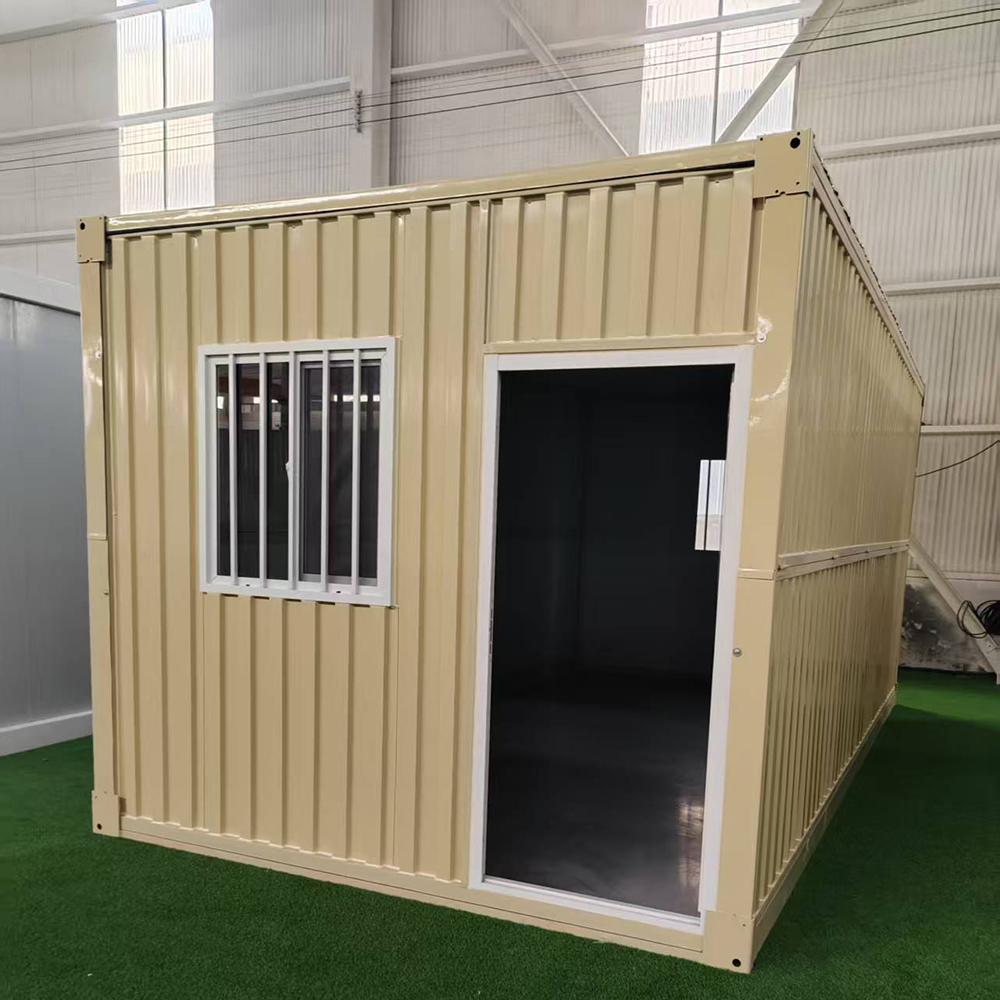 Competitive Price Portable Container House Foldable Container Mobile Living Modular Homes
Competitive Price Portable Container House Foldable Container Mobile Living Modular Homes -
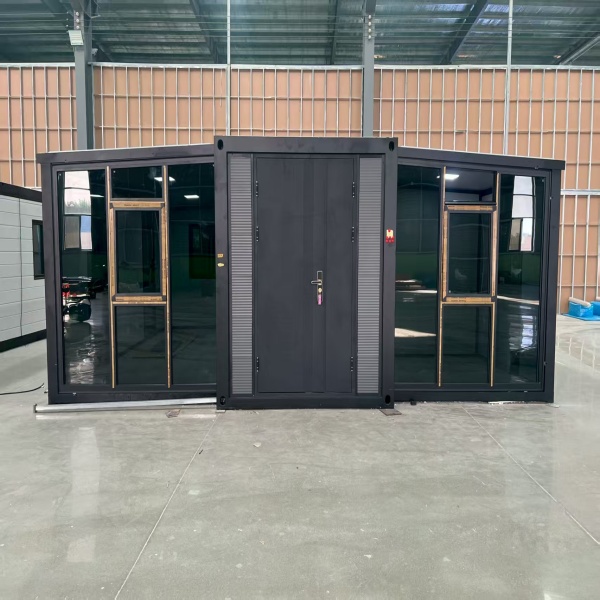 Customizable Office Mobile Home with Flat Roof and Double Wing Expansion Box, Convenient Container
Customizable Office Mobile Home with Flat Roof and Double Wing Expansion Box, Convenient Container -
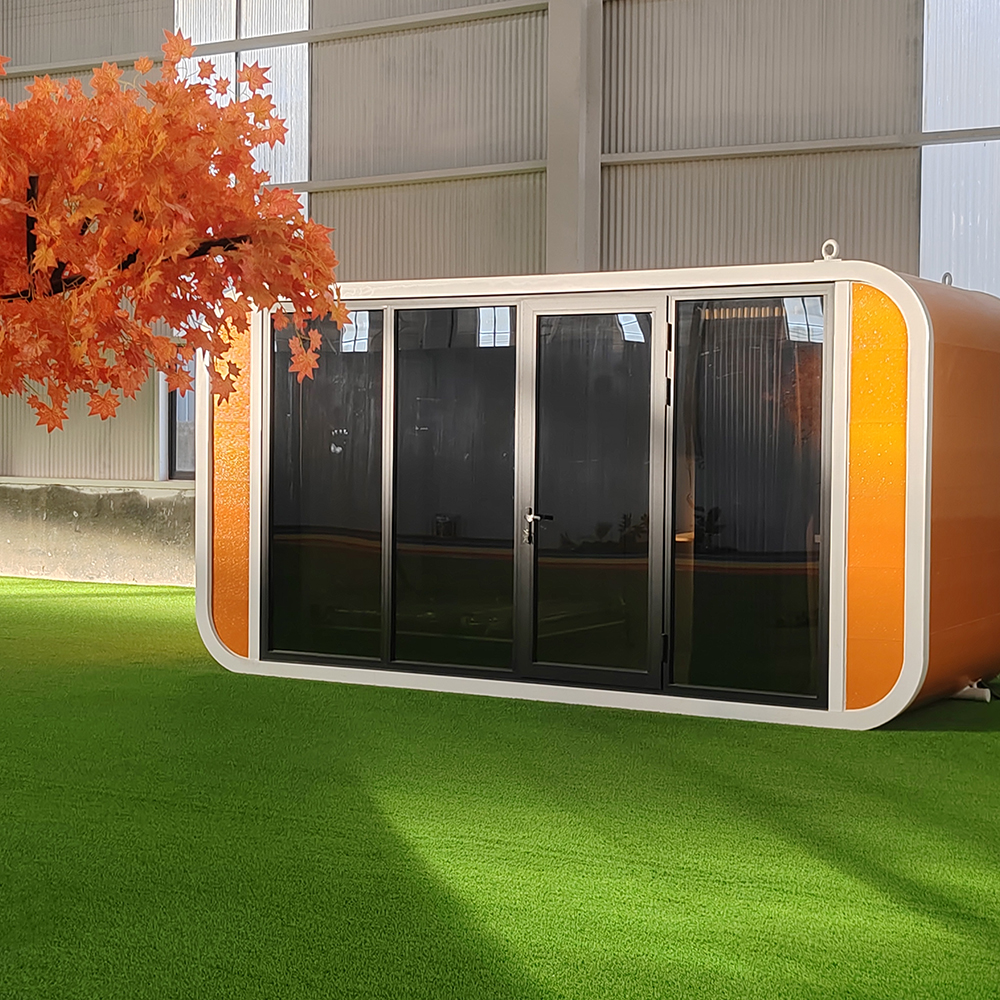 Luxury Prefabricated Living Container House Modular Glass Tiny House Prefab Container Home Apple Cabin
Luxury Prefabricated Living Container House Modular Glass Tiny House Prefab Container Home Apple Cabin -
 Luxury Foldable Two Story Container House for Glamping Resort and Villa Hotel
Luxury Foldable Two Story Container House for Glamping Resort and Villa Hotel -
 Factory Direct Sales Office Folding Container Luxury House Living Container House
Factory Direct Sales Office Folding Container Luxury House Living Container House -
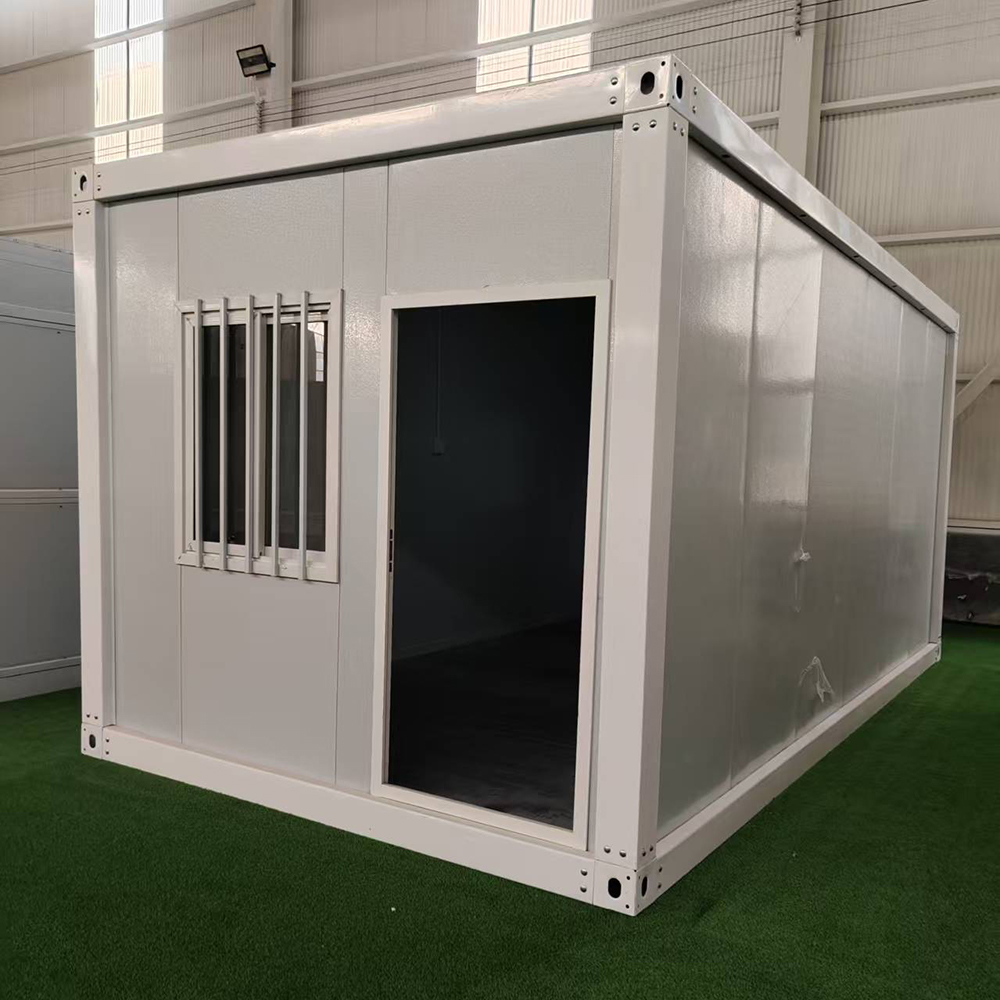 Folding Container Moving House Modular Office Container House Prefab Container for Outdoor Use
Folding Container Moving House Modular Office Container House Prefab Container for Outdoor Use -
 A container house with a terrace and double-wing folding design, suitable for various purposes such as offices, meeting rooms, living rooms, etc.
A container house with a terrace and double-wing folding design, suitable for various purposes such as offices, meeting rooms, living rooms, etc.
Related search
Related search- Inclined roof double-wing expansion house
- cabins on apple valley road
- Buy wholesale expandable container house 40ft luxury
- cheap wholesale price folding prefabricated house
- China flat pack expandable modular container house
- Buy expandable container house with ensuite
- Buy musk folding house
- China fold out homes
- Buy prefab container house price
- Buy low price flat pack container house prefabricated










